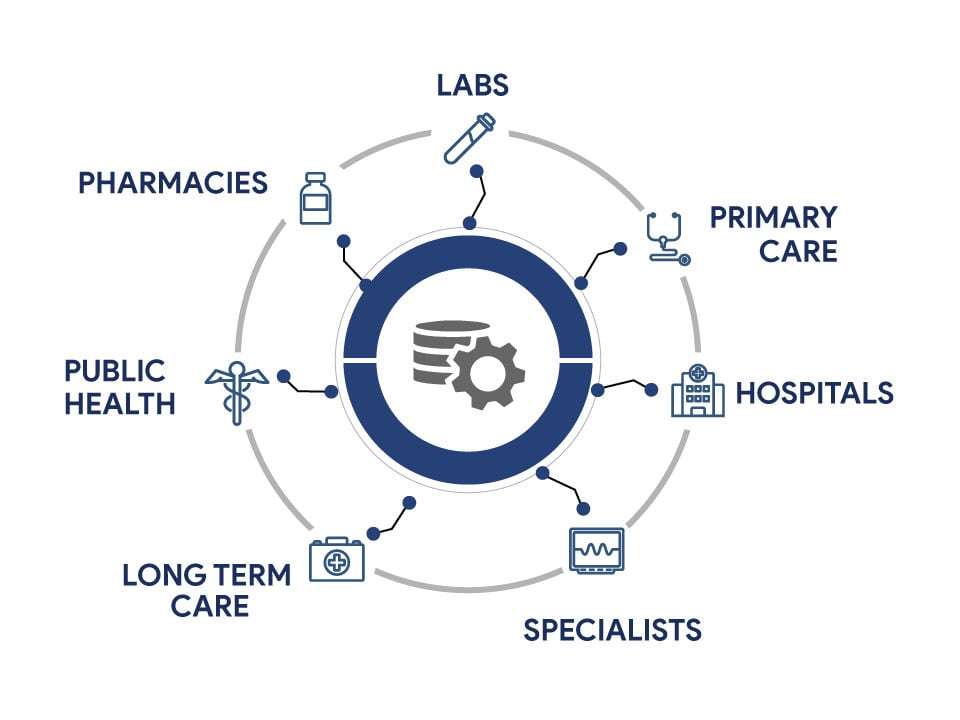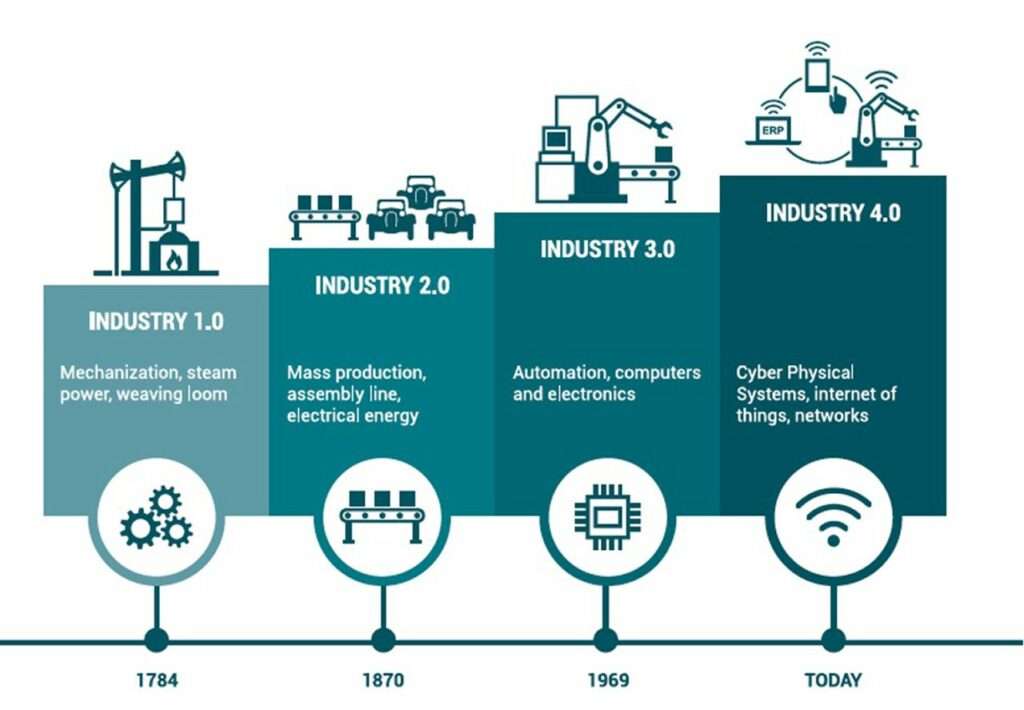In the dynamic realm of healthcare, where data security, interoperability, and transparency are paramount, blockchain technology has emerged as a transformative force. This article delves into the profound impact of blockchain in healthcare, exploring how this innovative technology is reshaping the industry, from data management to patient care.
Enhancing Data Security:
Blockchain’s decentralized and tamper-resistant nature addresses one of the most pressing concerns in healthcare – data security. By distributing patient records across a network of nodes, blockchain ensures that data is highly resistant to hacking and unauthorized access. Each block in the chain is cryptographically linked to the previous one, creating a secure and transparent ledger.
Interoperability and Seamless Data Exchange:
The healthcare sector has long grappled with interoperability issues, hindering the seamless exchange of patient information across different systems. Blockchain’s decentralized architecture facilitates interoperability by creating a unified and standardized platform for sharing healthcare data. This promotes a holistic view of patient health, aiding healthcare providers in making more informed decisions.

Streamlining Administrative Processes:
Blockchain technology has the potential to streamline administrative processes, reducing paperwork and administrative overhead. Smart contracts, self-executing contracts with the terms of the agreement written into code, can automate tasks such as billing and claims processing, improving efficiency and reducing the likelihood of errors.
Ensuring Data Integrity and Traceability:
The immutability of blockchain ensures the integrity and traceability of healthcare data. Every transaction or update made to the blockchain is time-stamped and linked to the previous block, creating an audit trail that can be invaluable for tracking changes to patient records, ensuring accountability, and meeting regulatory compliance standards.
Empowering Patients:Blockchain technology empowers patients by giving them greater control over their healthcare data. Patients can grant and revoke access to their records, fostering transparency and putting individuals at the center of their healthcare journey. This shift towards patient-centric care aligns with the broader trend of involving individuals in their own health management.
Clinical Trials and Research:
Blockchain streamlines the management of clinical trial data, ensuring the transparency and integrity of research findings. By creating a secure and unalterable record of trial data, blockchain enhances the credibility of research outcomes, potentially accelerating the development and approval of new treatments.

Challenges and Adoption Hurdles:
Despite its potential, blockchain adoption in healthcare faces challenges, including regulatory concerns, interoperability issues with existing systems, and the need for standardized frameworks. Overcoming these hurdles requires collaboration between stakeholders, regulatory bodies, and technology developers.
Future Outlook:
The future of healthcare lies in the seamless integration of blockchain technology into existing systems. As the industry embraces decentralized solutions, the potential for improved patient outcomes, streamlined operations, and enhanced data security positions blockchain as a cornerstone of the healthcare landscape.
Conclusion:
Blockchain technology is revolutionizing the healthcare industry by addressing critical challenges, enhancing data security, and fostering a more patient-centric approach. As the adoption of blockchain continues to grow, the healthcare ecosystem stands on the cusp of a transformative era, where the benefits of decentralization and transparency promise to redefine how we manage, access, and secure healthcare information


